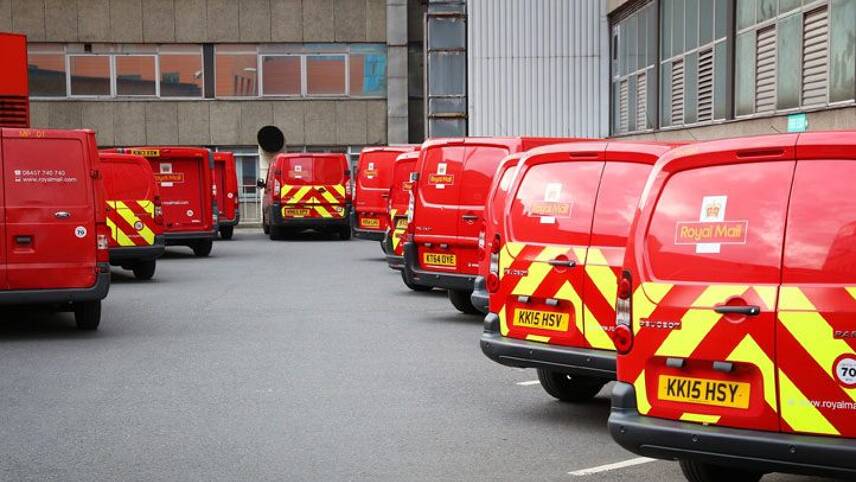Register for free and continue reading
Join our growing army of changemakers and get unlimited access to our premium content

According to the group
Working with the Government’s Electric Vehicle Fleet Accelerator (EVFA), bp, BT, Direct Line Group, Royal Mail, ScottishPower, Severn Trent and Tesco have agreed to work collaboratively to increase the uptake of EVs in the UK.
The companies and EVFA members have committed to converting their fleets to EVs by 2030 and to buying 70,000 British-built electric vans, provided the Government introduces enabling policies.
An accompanying report from the group is calling on the Government to future proof the electricity network and invest to enable the integration of EVs into grid capacities. They are also calling for EV charging infrastructure to be fast-tracked into the planning system by working with local authorities and to increase the supply and diversity of UK-made EVs.
According to the group, these enabling policies could help unlock private sector investment of more than £50bn in infrastructure and EV fleets over the next five years.
Prime Minister Boris Johnson said: “I wholeheartedly welcome this commitment by leading employers to fully electrify their van fleets by 2030. This announcement will be a major boost to British vehicle production.
“The government is committed to providing the electric charging points and other infrastructure the UK needs as we build back greener.”
EVolution
UK businesses are planning to spend £15.8bn on EVs between April 2021 and March 2022, a 50% increase in spending from the previous year.
That is according to a new survey from Centrica Business Solutions. The survey polled 200 UK businesses that operate fleets. Two-thirds of the companies polled said that they are on track to switch to a fully electric fleet by 2030 – the time at which the UK Government’s ban on new petrol and diesel car sales will come into effect.
Additionally, businesses involved in The Climate Group’s EV100 initiative have collectively rolled out more than 169,000 EVs, with 89,000 having been rolled out in 2020 alone.
More than 100 businesses are now members of EV100. The scheme’s aim is to help make zero-emission transport “the new normal” by 2030 and most businesses commit to delivering fully electric fleets. Big-name supporters include Unilever, Sky, Coca-Cola European Partners, BT and Ikea.
Collectively, these companies have deployed 169,000 EVs to date, with more than half of vehicle deployments having taken place during 2020. The Climate Group has forecasted that, if all members fulfill their commitments, they will collectively roll out more than 4.8 million EVs by the end of the decade.
The report reveals that more than half of EV100 members are using 100% renewable electricity for charging, procured either through a tariff, a power purchase agreement (PPA) or by onsite generation.
Moreover, member firms have collectively pledged to install 6,500 new charging locations by 2030. Less than half of this number had been confirmed as of the end of 2019. Some 2,100 of these charging locations have already been installed, totalling 16,900 individual chargers.
BT Group’s chief executive Philip Jansen said: “We have a real opportunity to create a low carbon society as we build back from the pandemic. BT Group is leading the way with Openreach as we transition our entire fleet (the UK’s second largest) to electric or zero-emissions by 2030.
“At BT, we want to buy British but to do that we need to be confident that the supply of vehicles, components and charging points to keep our vans on the road will be sufficient. This needs to be a team effort with Government removing obstacles and helping take this to the next level.”
Matt Mace


Electrification of all vehicles is key to reaching net zero fossil carbon emissions by 2050, but as UK electricity generation is presently only 15% of total primary energy demand, it is quite clear unconstrained installation of EV charging points will lead to a catastrophic load on the grid because UK transport takes 30% of primary energy of 2,226 TWh. All heavy transport, HGVs, buses, trains and ships must start to be powered by hydrogen-electric power (FCEVs) to relieve the direct grid load at the same time as EVs are charging. By 2050 it is arguable that most primary energy will have to be delivered by fossil free electricity; we only have 29 years to build the infrastructure.